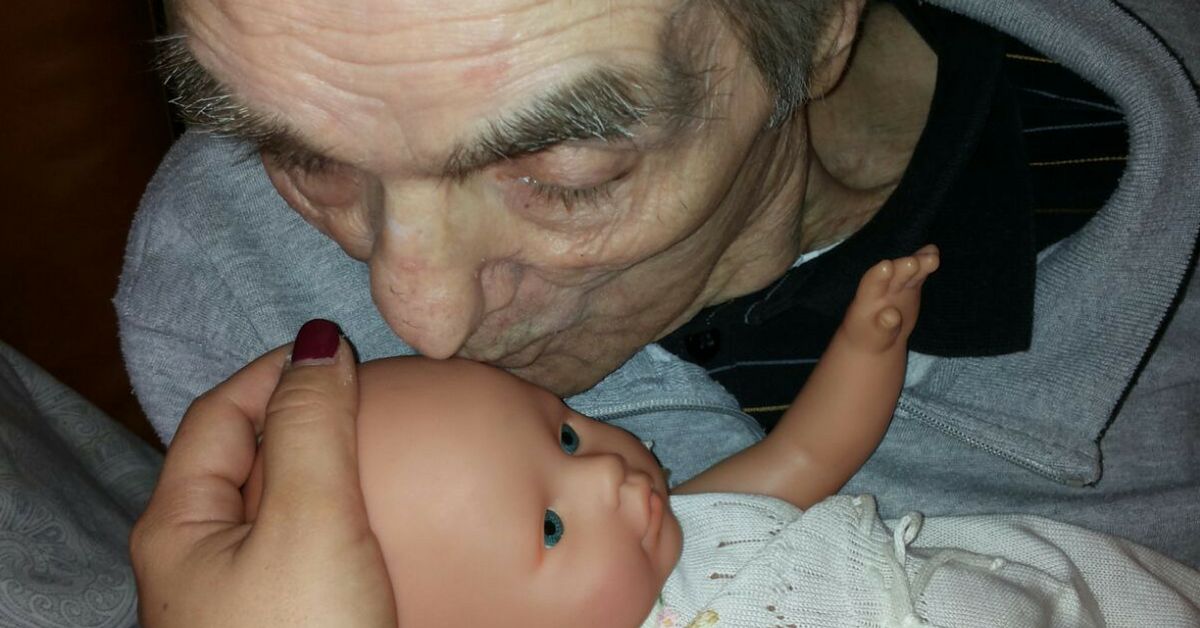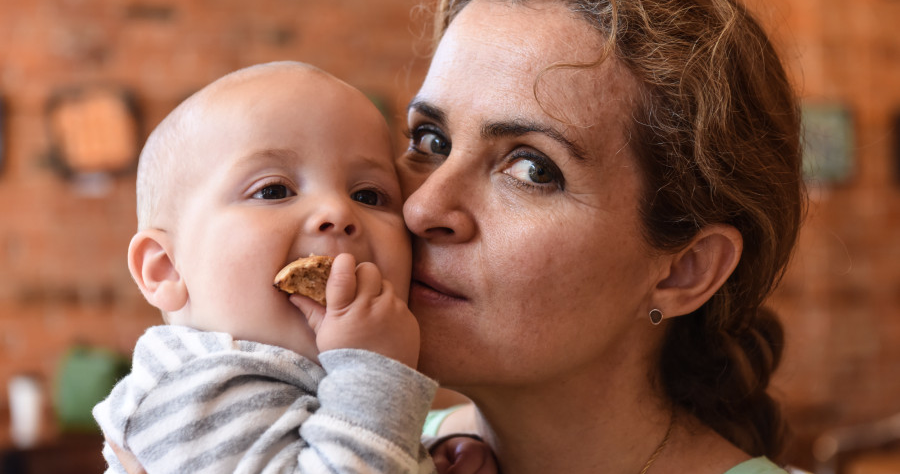For family members, a loved one getting diagnosed with Alzheimer's Disease or Dementia is the beginning of what is often a tiring and emotional experience. Getting one of the two diagnoses is extremely scary, with sufferers aware of the impending loss of brain function, but unable to slow down the process by much.
Many sufferers are placed in nursing homes where, despite receiving great care, they continue to decline. Up to 90% of adults with these illnesses suffer through a serious form of distress as a result of their diagnosis.
But a new form of therapy which is believed to slow down the worst effects of Alzheimer's and Dementia has been discovered. And it's catching on.
Doll therapy is a form of treatment which has been popularized in the last decade. Seniors are given dolls to take care of which eases their distress over time. In one of the first doll therapy studies in 2006, 69% of care staff in the targeted nursing homes reported thinking their residents' lives were much better. They noticed residents were interacting more with staff and other residents, had increased levels of activity, were more open to care interventions and were generally happier and more content.
But why is doll therapy so successful?
Research suggests that giving the dolls to seniors brings back their happy memories of early parenthood and helps them feel useful and needed.
Although some caregivers are hesitant to give baby dolls to their patients, there is enough scientific and anecdotal research which suggests the dolls do work to offset the more serious effects of Alzheimer's and Dementia.
If you have a loved one with any of the two illnesses, consider these suggestions before giving them a baby doll.
Communicate the purpose of the doll to anyone who may be caring for your loved one.
Don't force your loved one to accept the doll. Allow them to get used to it in their own time.
Do not call the doll a doll.
Don't purchase a doll which may cry. This may be shocking and upsetting to your loved one.
Provide a crib for the doll if you can.
Anecdotes on many psychology websites have family members crediting their loved ones' improvements to doll therapy. Though it is a relatively new treatment method, researchers are quick to point out that there aren't really any disadvantages to the practice, which means you can safely introduce a doll to a senior without fear of any behavioral decline.
In fact, several charities currently purchase dolls for nursing home residents in North America and the UK.
Have you ever heard of doll therapy? Will you be trying it out with your loved ones?


